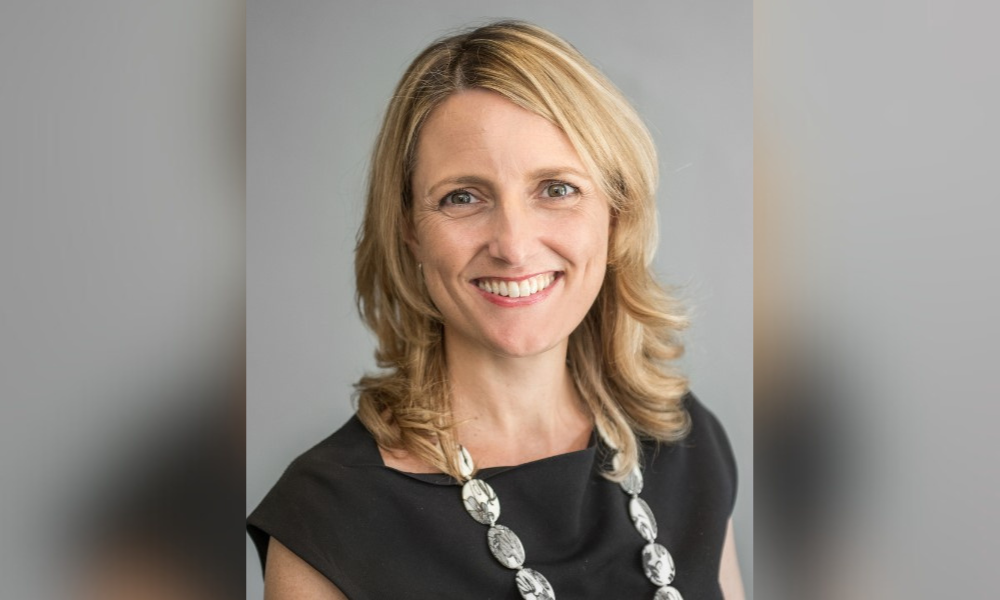
‘The societal payback as well as the business payback is significant,' says expert

Being a family friendly employer is not only the right thing to do, it’s also good for the bottom line, says one expert.
“The societal payback in being a family friendly organization, as well as the business payback, is significant,” says Emma Walsh, founder and CEO of Parents at Work, who recently spoke with HRD Australia.
“Our effort in trying to get organisations to really understand the return on investment of [that] has been hard. So how do we bust that myth that being a family friendly employer isn't just a nice thing to do and isn't just for a human services organization that employs lots of women? It’s been a challenge trying.”
Years ago, Walsh realised there was room for improvement.
“I looked at how women, in particular, were treated, first of all, around having family and then that integration and transition back to work,” she says. “I knew from an HR point of view at the time, that there could and should be a much better way of doing it.”
When it comes to supporting women and their transition back to the workplace, so much comes down to leadership, Walsh says in a video interview with HRD.
“When you look at all the research around why people leave jobs, often it comes down to two key things. One is, are they able to have the flexibility they're looking for and [two is] work-life balance.”
One of the other top three reasons is the relationship they often have with their leader and their manager, and how effectively the manager supports them to thrive at work, she says.
“If we have managers that are not equipped to properly address some of those issues, then we just know that the ability for those individuals to be as productive and engaged as possible in those organisations is limited. But we can’t expect leaders to just magically acquire those skills.”
Parents at Work works with an organisation to diagnose what’s needed first, finding the challenges that might exist to prevent it being family friendly.
“We encourage organisations to step forward and benchmark themselves against national work and family standards to then get some feedback,” says Walsh.
For organisations looking to stem the number of parental leavers, in some cases a triage strategy of designing a parental leave programme is suggested, before moving forward to a longer term plan.
Making sure everyone’s on the journey is key, says Walsh and that the voice of the employee is central to the conversation which leads to the programme’s design.
For organisations looking at a more family friendly culture, the payback is huge, she says, including in terms of attracting talent. “We know there's less turnover, we know there's less absenteeism, we know that there's more engagement – and the list goes on.”
When it comes to advice for emerging HR, Walsh urges others to think deeply about their professional standards.
“As an HR person you're going to get compromised along the way, you're going to see and hear things that you're going to have to decide ‘Is this something I walk past or is that something I call out?’ We are in a really unique role as an HR person to actually either make a difference in that moment and make the situation more positive, or in fact, contribute to the problem.”